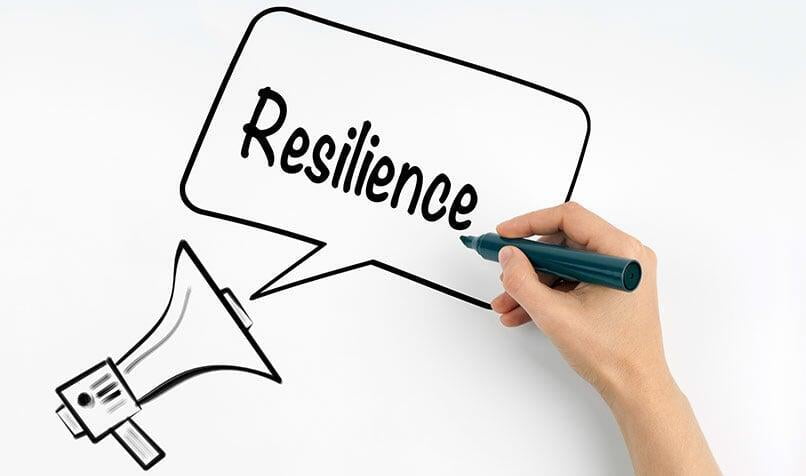It's not just for kids.

As a parent, resilience is a word I hear a lot. Especially when it comes to helping my children build resilience. My own coping strategies have led me to ponder about adults and resilience. Is it the same for us as it for kids? Do we have the same capacity to grow additional resilience as kids do? What does resilience even look like in adults?
In adults resilience seems to take a few different forms but the one that comes to mind most is our ability to cope with stress and deal with the changes that occur as we get older. These changes may be to our home situations, or to our work situations, or even to our changing bodies. Resilience isn't built into us, it's something we have to learn and develop. Even as adults we can falter at this and may need some additional help in building our resilience. Resilience is the same for us adults as it is for kids. It's the ability to adapt to our changing world. As adults though we often forget that we are allowed to stumble and need help getting back on track. Even as adults we still have the capacity to grow and to learn. Strong resilience throughout the lifespan has been shown to positively impact the health and wellbeing of older generations. You can increase your resilience as an adult in many ways across three key areas.
1. Lifestyle:
- Practice being straightforward with others. Leave no room for ambiguity and lower the chances of having a misunderstanding.
- Use relaxation techniques such as meditation or mindfulness. Increase your capacity to cope with the stress life can throw at you.
- Find time for your interests and hobbies. This can help you to spend time away from the things that are causing you stress in your life.
- Develop your relationships. Connect with those around you. Especially those you allow you to speak freely to them without judgement but will also tell you when you are in the wrong.
- Find balance in your life. Set boundaries and stick to them.
2. Physical Health:
- Get enough quality sleep. Make sure your sleep environment is what you need for a good night's sleep.
- Be active. Even just a short walk each day can help you to clear your head and increase your physical fitness (or so I'm told).
- Watch what you eat and drink. And not just as you are doing it. Having a well-balanced diet and not over indulging too often can make a world of difference.
3. Mental Health
- Keep things in perspective. We can't change a stressful event, but we can change how we react to it, and how much thought we give it.
- Accept that life changes as we grow. Nothing ever really stay the same, the good and the bad. Sometimes we just have to ride the wave and see where it takes us.
- Learn from the past. Think about times where you have overcomes a stressful situation and see what techniques you used then may be appropriate for you to use now.
- Maintain a hopeful outlook. This isn't always easy but with some practice this can help to build resilience.
- Seek help when needed. I cannot stress this one enough! It is not weak to seek help, it does not mean you have failed, it means you need help and have the strength and courage to reach out and ask for it.
We can't control all aspects of our lives as adults, but we can learn to grow and change as much as we see our children doing.
